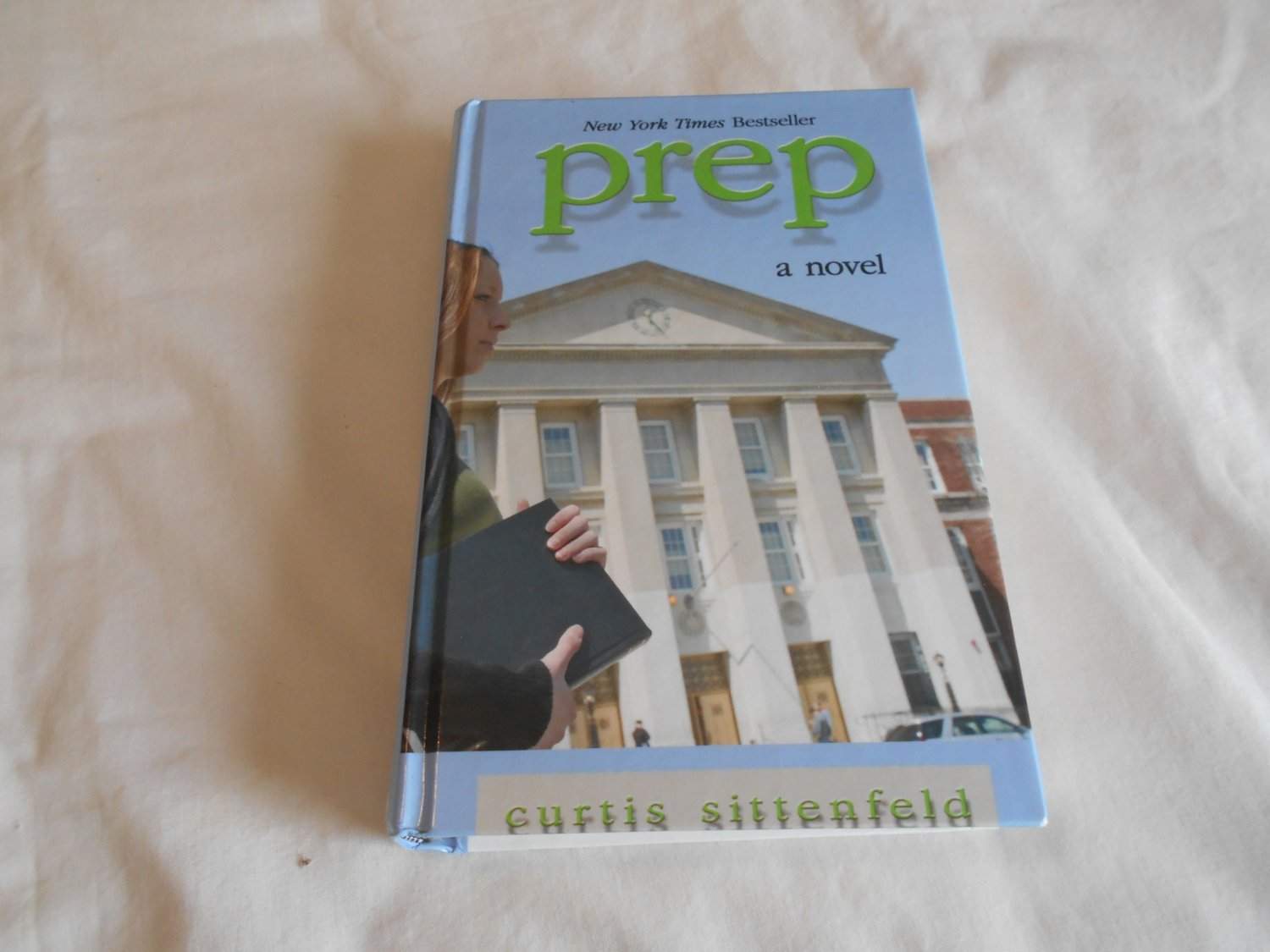
The idea was that you'd have flowers awaiting you in the morning the reality was that in most dorms, the flowers were pawed through by twelve-fifteen. Many of her descriptions-including the one below, about the annual furor surrounding the delivery of Valentine's Day flowers-cast an amusing light on both the strange preoccupations of adolescence and on Lee herself. From this perspective, Lee examines Ault as an anthropologist would-dissecting every social interaction and custom, looking for some sort of larger meaning. She chooses to fade into the background and from there to observe the intricate world of boarding school life. Being rich, in the end, counted for the most-for more, even, than being pretty." Lee-in her own mind neither rich enough nor pretty enough-feels profoundly awkward at Ault. At one point Lee comments about one of her classmates, "If she was rich, then she belonged at Ault. Coming from the Midwest, from a family with little money, Lee enters a world where money is something everyone has but no one talks about.

Sittenfeld's novel tells the tale of Lee Fiora, who leaves South Bend, Indiana, to spend four years at Ault, an exclusive boarding school in Massachusetts. The latest work in this genre is Curtis Sittenfeld's Prep, which was published this winter by Random House and which has been on the New York Times bestseller list for the past nine weeks.

Yet fictional accounts of those years seem to hold a perpetual fascination-think A Separate Peace or A Catcher in the Rye or, to take a more recent and less high-brow example, last year's film Mean Girls.

Few of us yearn to relive our high school experiences-it's a time of life when social pressures are at their most Darwinian and insecurities are at their peak.


 0 kommentar(er)
0 kommentar(er)
